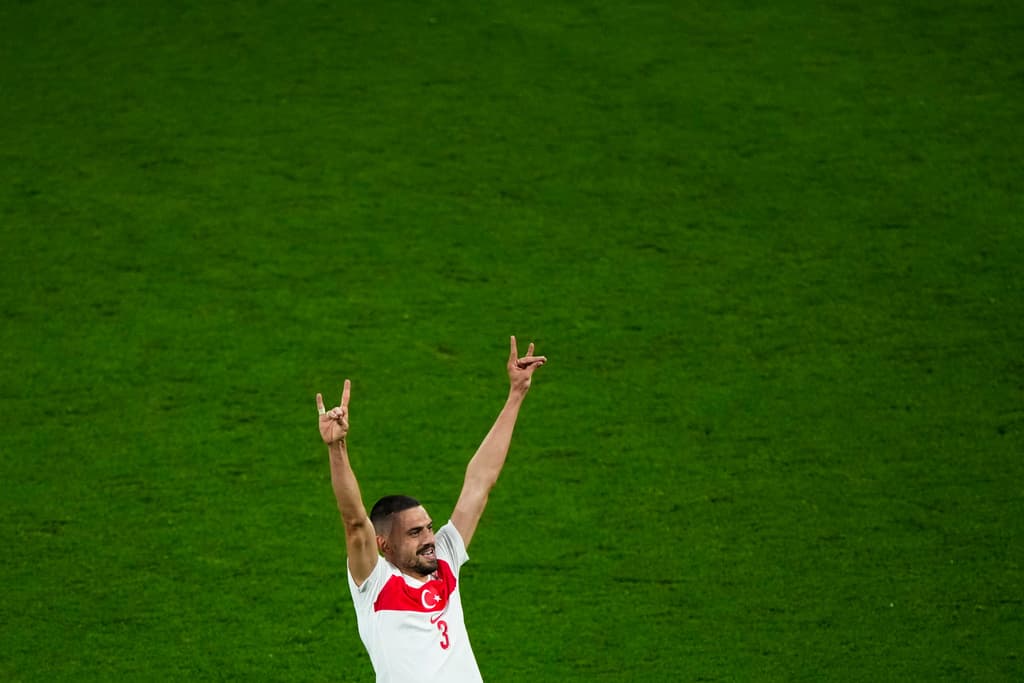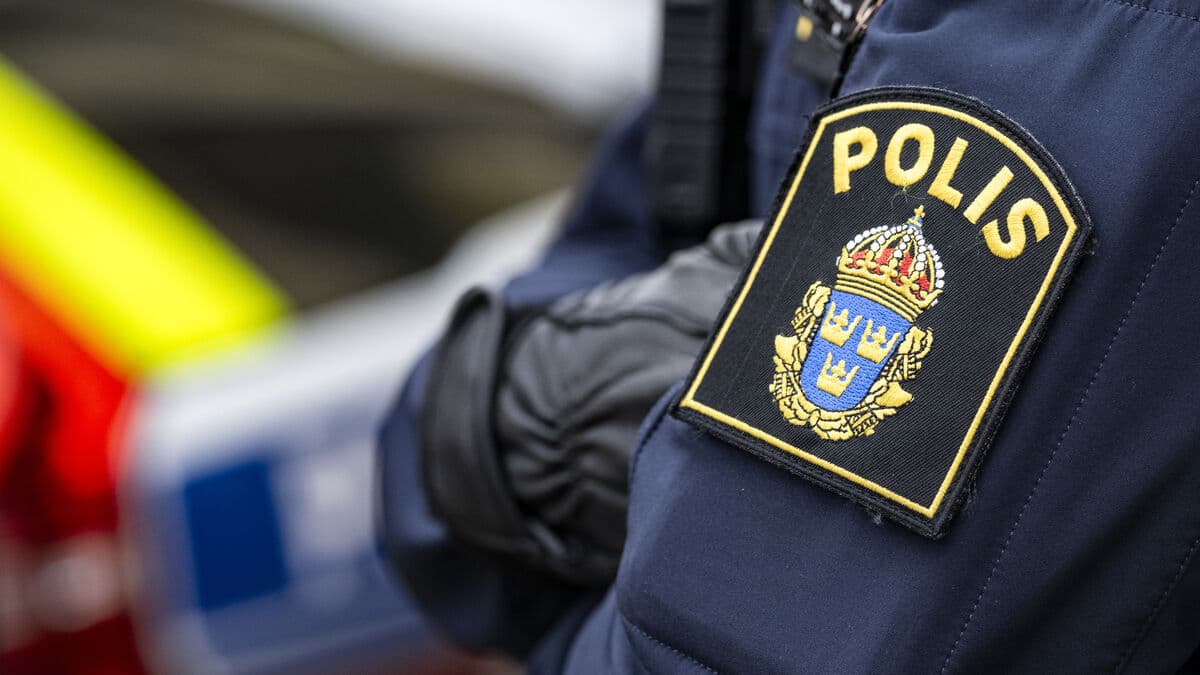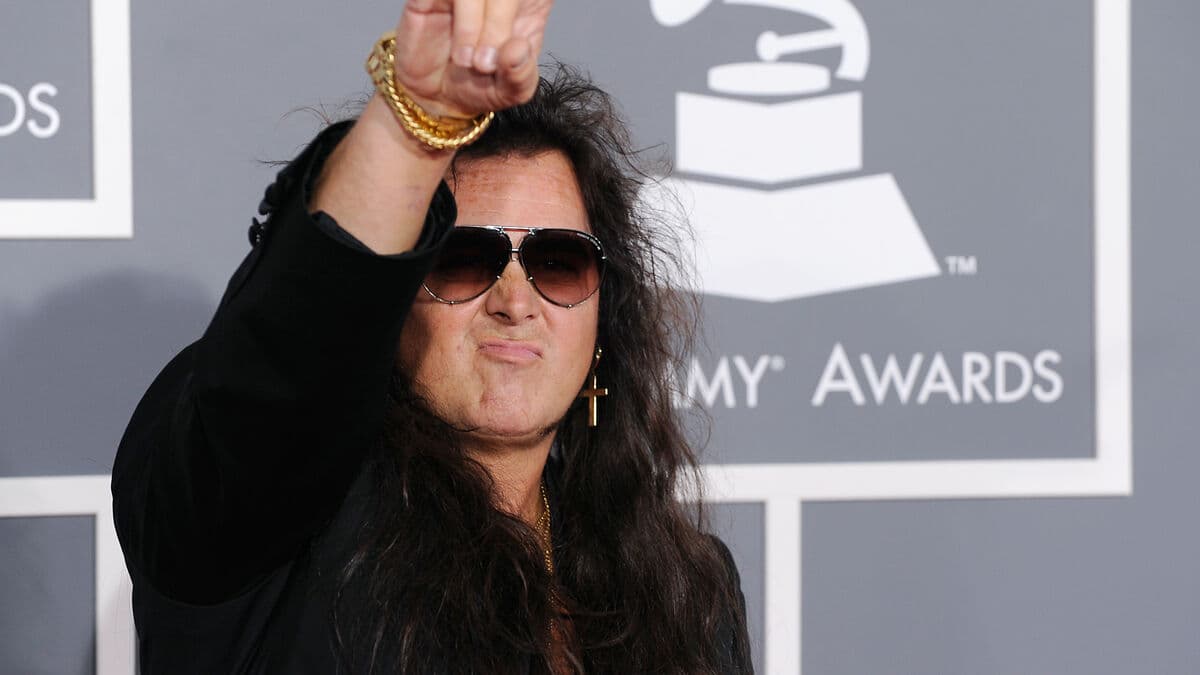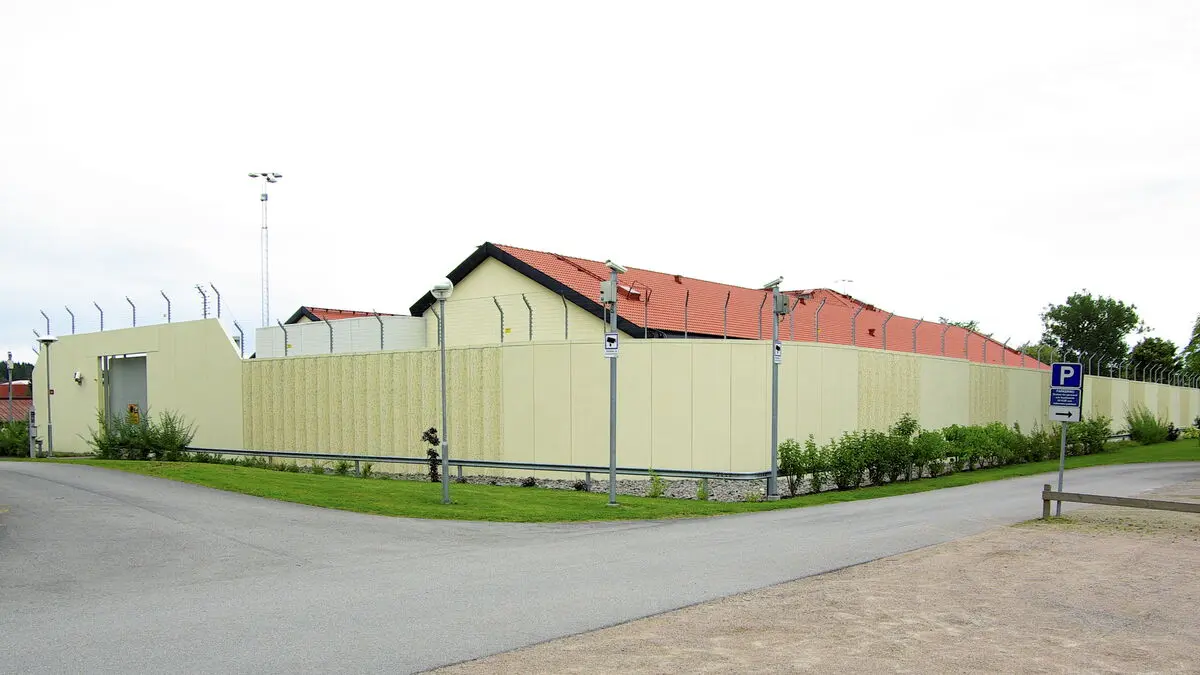With his fingers, Turkey's goal hero formed two wolves and the European Championship in Germany was turned into high politics.
The gesture has a connection to a right-wing extremist movement with a bloody history.
The attempts to depoliticize the symbol are based on hollow arguments, says Turkey expert Ekim Caglar.
The "wolf gesture" made by Turkish defender Merih Demiral during the European Championship round of 16 against Austria is a loaded symbol even in Turkey.
There are two tracks in that discussion. One is that it is partially normalized, but it is simultaneously a greeting that is primarily linked to a certain type of radical Turkish nationalism, says Ekim Caglar, Turkey expert and author focusing on football's political connections.
The gesture is seen at regular intervals, primarily in demonstrations, and it has also occurred in football stadiums before.
Bloody History
They are trying to make it out to be a cultural and historical symbol, rather than a political symbol. The wolf is a more general mythological figure in Turkish nationalism, but the specific wolf sign with the fingers is not the same, says Ekim Caglar.
The connection to the ultra-nationalist movement is clear, however. It encompasses several political parties, but the most established is MHP (National Action Party), which is a support party to President Recep Tayyip Erdogan's ruling party AKP.
The movement has a bloody history and a central organization is the right-wing extremist Grey Wolves, which was behind the murder of political opponents, primarily in the 1970s.
Those who see themselves as excluded and have been affected by this form of nationalism and also remember the history when movements linked to this tradition killed dissenters think that this gesture is controversial, says Ekim Caglar and continues:
They are trying to bring the discussion back to what I would say are facts: that this sign is linked to a certain movement and that it is not generally nationalist.
"Hollow Arguments"
Demiral said after the match that there was no special message with the gesture, but that it was about his Turkish heritage. An argument that is not entirely valid, according to Caglar.
Considering what we know about this symbol, how it has been used and within which movements it has been central, it is a political symbol. The attempts to depoliticize the symbol are based on hollow arguments.
That the controversial gesture has become high politics is not surprising, according to Caglar. What is more surprising is how Turkey's Foreign Ministry reacted, both to the German Interior Minister's statement and to UEFA's investigation of the gesture.
It was a new political gear, says Ekim Caglar.
After his second goal in Turkey's 2-1 win over Austria in the European Championship round of 16 on Tuesday, Turkish defender Merih Demiral formed his hands into two wolves.
A sign linked to the Turkish right-wing extremist organization Grey Wolves. The European Football Association (UEFA) has stated that it is investigating the goal celebration as "inappropriate behavior". The sign is banned in Austria and the Grey Wolves are a banned organization in France.
The goal celebration has also become high politics. German Foreign Minister Nancy Faeser wrote on X that "symbols of Turkish right-wing extremists have no place on our arenas. Using the European Championship as a platform for racism is completely unacceptable".
Turkey's Foreign Ministry responded with a statement on its website: "The reactions shown by the German authorities towards Demiral are in themselves xenophobic".
When Turkey meets the Netherlands in the quarterfinals on Saturday in Berlin, Turkey's President Recep Tayyip Erdogan will be sitting in the Olympic Stadium stands.






